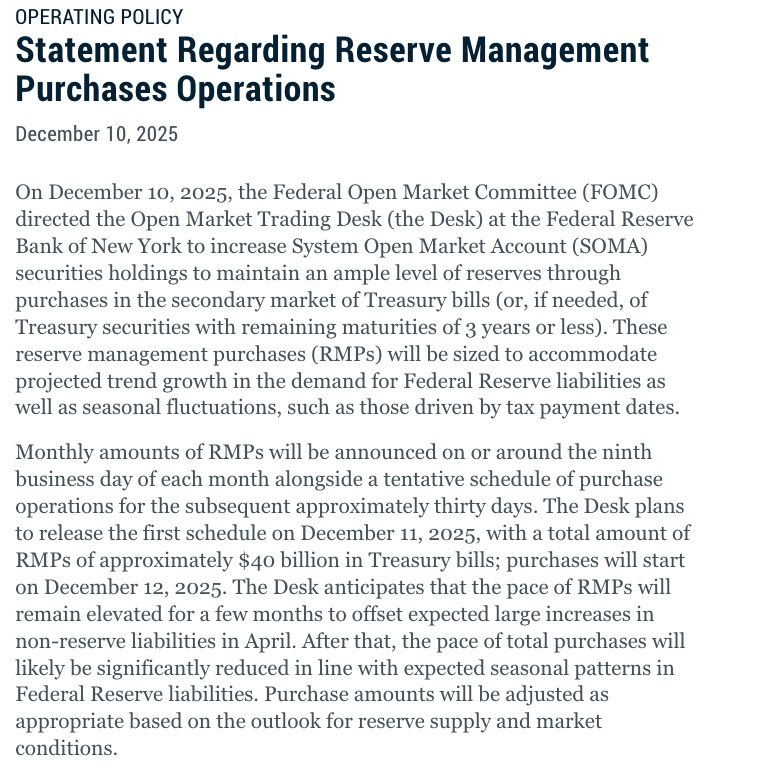chief economist of the Slovakian central bank in conversation with @BJMbraun:
'there is nothing progressive about dismantling central bank independence and subjecting it to the will of the people' #nextgencentralbanking
'there is nothing progressive about dismantling central bank independence and subjecting it to the will of the people' #nextgencentralbanking
reminded me of famous Mervyn King quote:
'central banks are often accused of being obsessed with inflation. This is untrue. If they are obsessed with anything, it is with fiscal policy'
'central banks are often accused of being obsessed with inflation. This is untrue. If they are obsessed with anything, it is with fiscal policy'

Luis Garicano (EP): if @Isabel_Schnabel arguments wins the day and @ecb corrects market mispricing of climate risk, what next?
should ECB correct housing market imperfections? social/poverty imperfections?
should ECB correct housing market imperfections? social/poverty imperfections?
In EP - we agree w @Isabel_Schnabel that we have a climate risks problem in finance, but we worry about the slippery slope
ie. the liberals in European Parliament are ready to sacrifice climate finance fight on the altar of central bank independence.
ie. the liberals in European Parliament are ready to sacrifice climate finance fight on the altar of central bank independence.
the challenge, @lugaricano argues, is that @ecb is the most powerful institution in Europe, it can make or break countries (think Ireland), so we need to negotiate and discuss its climate agenda carefully.
• • •
Missing some Tweet in this thread? You can try to
force a refresh









